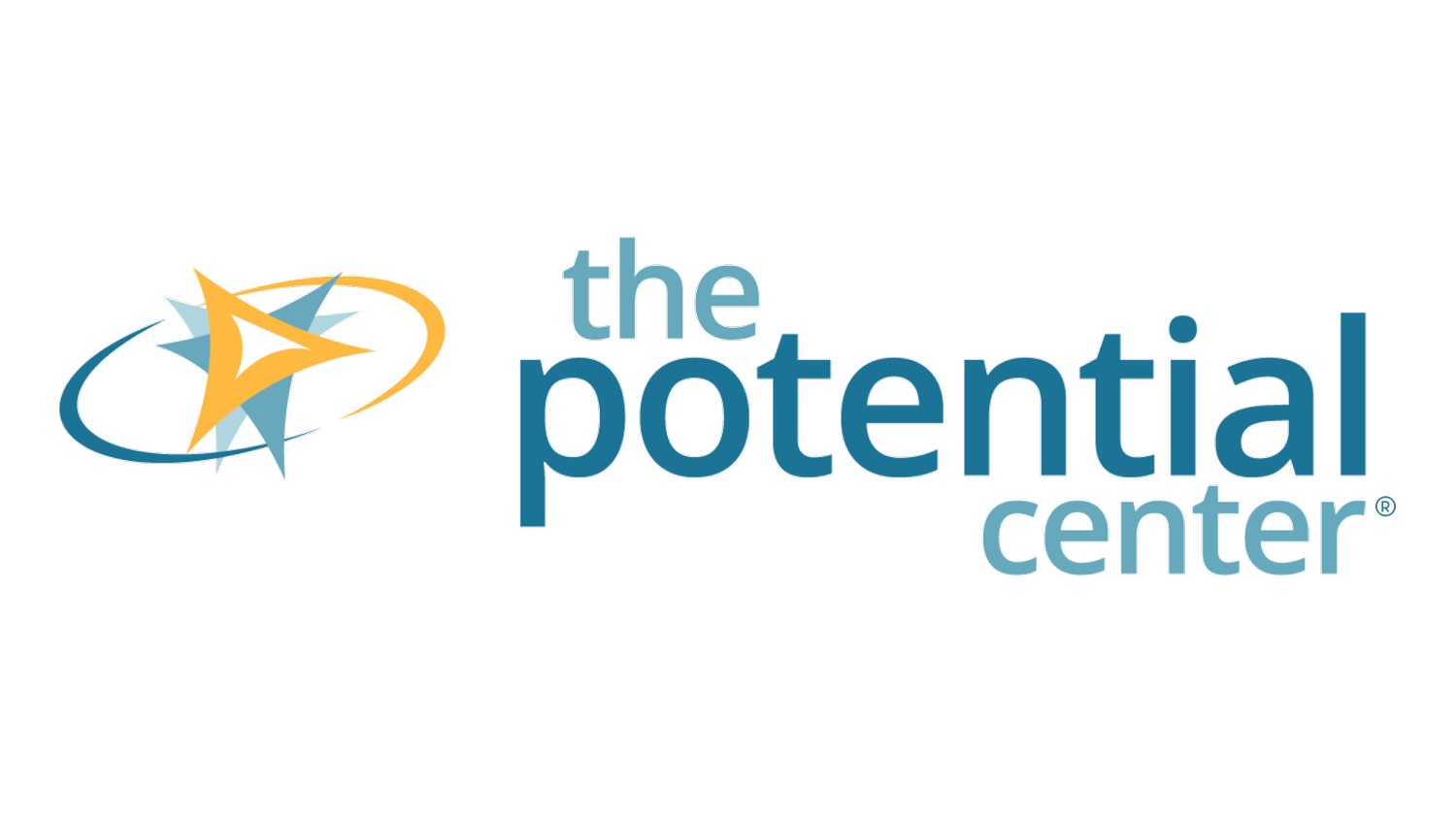From the GreenBiz Notebook (Pt 2 of 3)
Thinking about creativity in protecting the environment at #GreenBiz (AndreasAux for Pixabay)
GreenBiz Reflections: Creative Problem-Solving
I attended GreenBiz ’23 last month. This is Part 2 of what resonated for me, particularly about creative problem-solving in the sustainability sector. Part 1 of my GreenBiz reflections focused on the mindset for innovation. In Part 3, I’ll talk about what I heard in relation to influencing stakeholders.
Part 2 - Creative Problem-Solving
Amy Senter of Martin Brower was on the panel “Implementing Net Zero: Critical Components”. She had several thought-provoking contributions:
“We determine the most ambitious strategy and then work backwards to find the steps. We regularly ask “why are we doing this?” while planning, to help drive the strategy. ”
The ‘why’ could be customer expectations, their company’s values, or regulatory requirements.
Working backwards from your goal is a great way to plan because it enables you to keep your eye on the prize. Regularly asking “why”, especially when you’re in your customers shoes, helps ensure that you will be able to solve their problem. Asking “why is that a problem?” also makes sure you’ve identified the right problem to solve.
“The beginning and end of a project are pretty straight forward. The messy middle is where it’s hardest.”
I love this description. It’s like listening to jazz… the musicians start with the melody of a song you recognize. Then they move into that messy middle where they improvise the heck out of the tune to the point that it’s barely recognizable. Eventually they return to the original melody and you breathe easy because what you’re hearing makes sense again.
“How do you do ‘resilience’ in the supply chain where everything is always shifting?”
This is a great example of defining a problem statement. The answer for Martin Brower was that building relationships was crucial. The answer for your company could be something completely different. If resilience in the supply chain is also a challenge for you, try using the above question as the focus for an ideating session and see what comes up.
“At the pilot stage of a new process is where implementation usually starts, and it’s where we figure out how to design for speeding up decarbonization and how to scale it.”
They work in 18 countries so they have to run more than one pilot (although not necessarily 18), when they pilot new decarbonization for their fleet of trucks.
Prototyping and piloting phases are essential activities in an innovation framework. It makes perfect sense that implementation is important in these phases… the only way you’ll know if something works is by breathing life into it. Be prepared to make adjustments, revise prototypes, and correct along the way.
Also on the panel was Matt Roman of ENGIE Impact:
We developed “utility as a service” where, by transitioning on-site utility production to a less-carbon intensive process, large energy users just pay for what they need and don’t have the heavy infrastructure and environmental costs of producing their own energy.
“…as a Service” has become a product niche this century and continues to expand. This is a great example of an innovation coming about by adapting a service from another sector and applying it uniquely to your industry.
Do you want to have inspiration on tap, too?
Do you have your copy?
If you want to systematically come up with thinking like the above to move your product and service development forward at a faster rate, make sure you have our FREE ebook “The Brainstorming Playbook”.
I believe that, with the right support anyone can learn creative ways to solve problems. If you’d like to see what tapping into creative potential could look like at your place of work, contact me at Ellia@ThePotentialCenter.com to arrange a call.


